Who Exceeded Expectations:
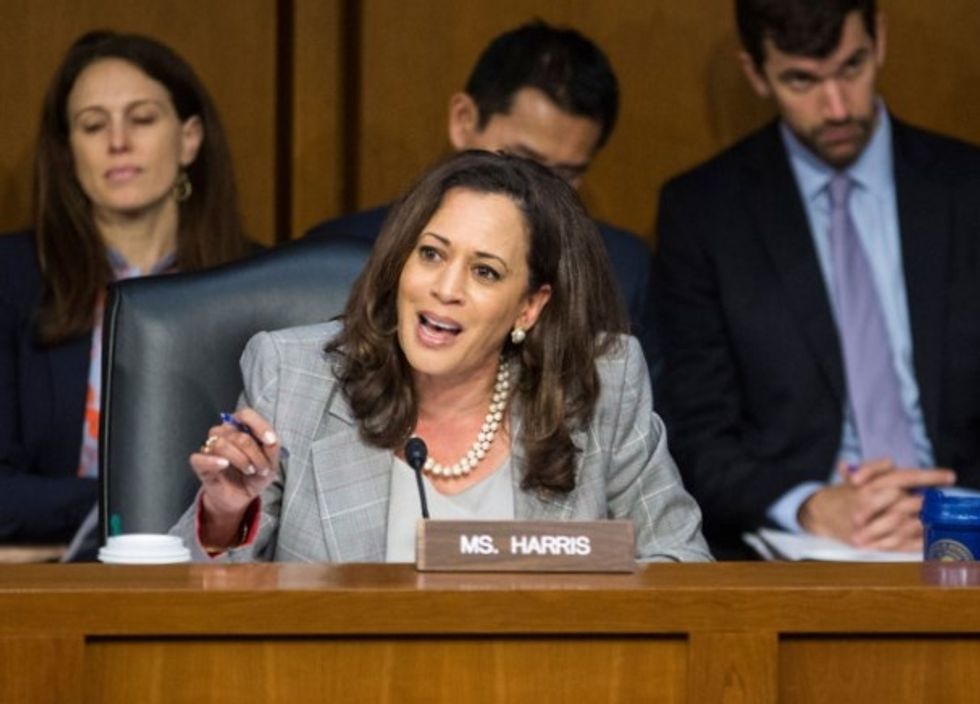
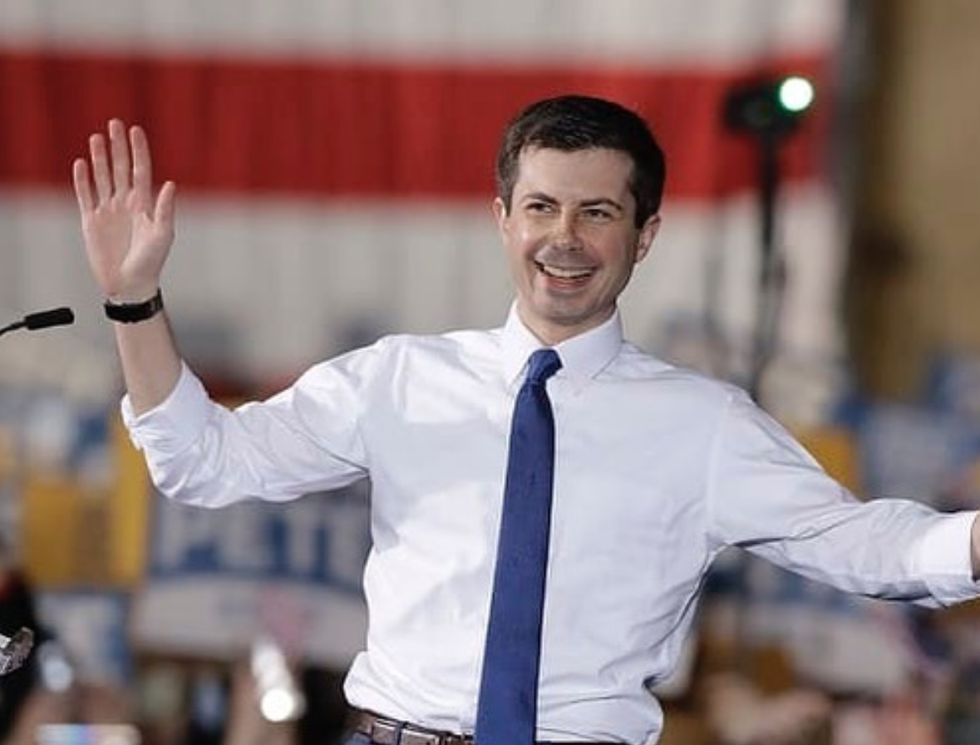
California Senator and former California Attorney General Kamala Harris came out on top of Thursday's debate, according to national opinion. Harris backed former Vice President Joe Biden into a corner on his civil rights record, including his recent comments on his past relationships with segregationist senators and his opposition of busing in the 1970s, a program that benefited a young Harris. Her position as a former prosecutor gave her a large advantage in a chaotic debate field. Her most important policies she proposed on Thursday included reinstating the Deferred Action for Childhood Arrivals (DACA) policy, tax cuts for the middle class, and her promise to pass an executive order for gun control measures on her 100th day in office if Congress had not passes a bill by that time. Harris stood her ground against frontrunners Biden and Senator Bernie Sanders, proving she could stand up to President Trump in a debate. However, Senator Harris's position on healthcare is somewhat muddled, as she raised her hand in response to a question asking who would abolish private healthcare in favor of Medicare, but later backtracked, saying she misunderstood the question to mean who would personally give up their private healthcare in favor of Medicare. Harris was a clear winner, according to polling after the debate; she has now overtaken Senators Bernie Sanders and Elizabeth Warren in the polls, now only second to former VP Biden.
South Bend, Indiana, Mayor Pete Buttigieg also showed up in Thursday's debate. He has been a solid second tier candidate, consistently polling 4th or 5th after a surprise rise in the polls after his town hall in March. He performed exactly as well as he needed to in order to remain a viable frontrunner. His most compelling points were proposing "Medicare for All Who Want It," as well as condemning Republicans for associating themselves with Christianity while separating families, saying they have "lost all claim to ever use religious language again." Mayor Buttigieg has been dealing with the fallout of a police shooting in South Bend, and when asked about it on Thursday, answered with a sense of sincerity and transparency not seen often in politics.
Who Underperformed:
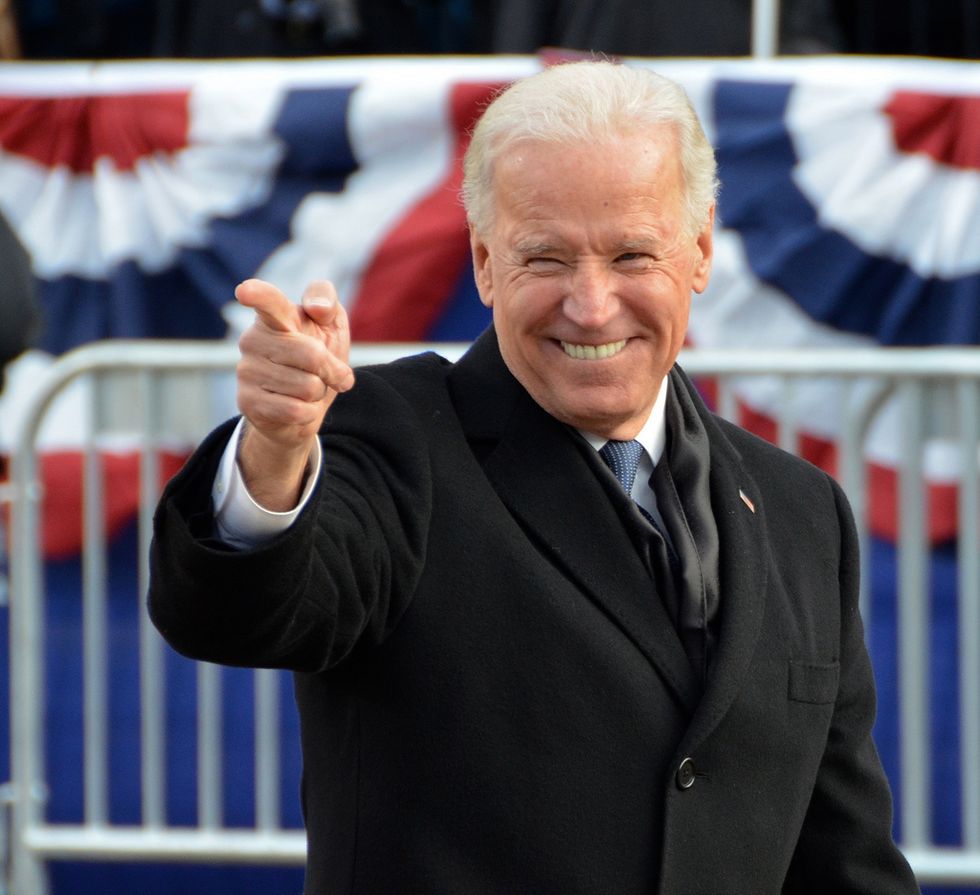
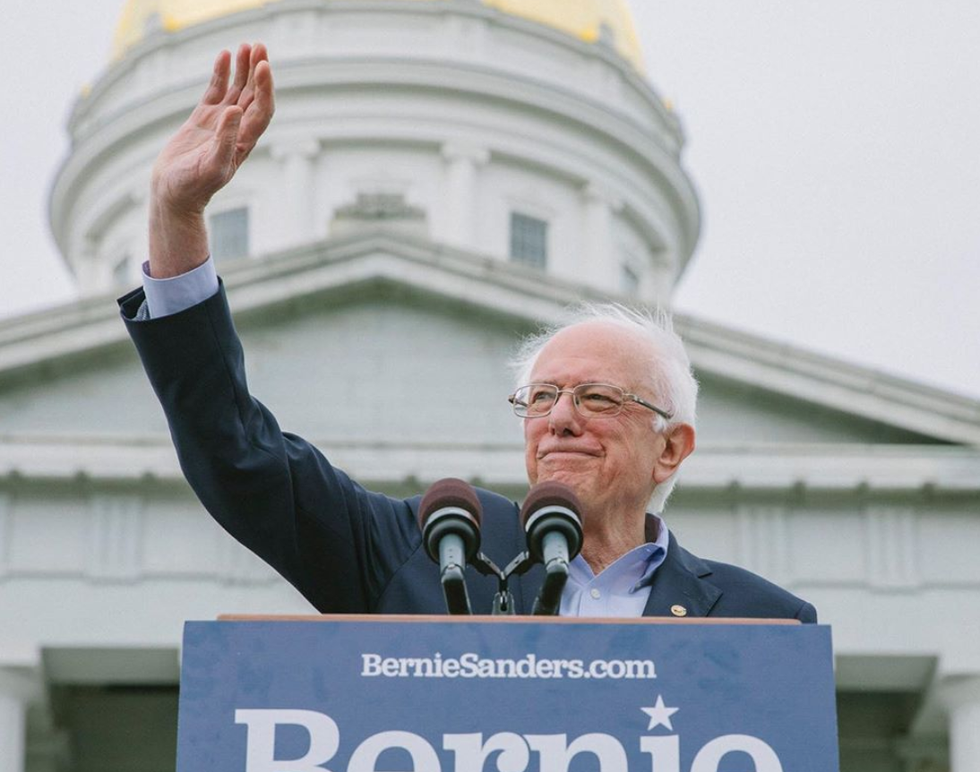
Former Vice President Joe Biden seemed to walk on stage Thursday night thinking he had this one in the bag. Instead, he got hit with brutal blows from Senators Kamala Harris and Bernie Sanders, as well as California Representative Eric Swalwell. Biden has made clear he is running on the ideal of going back to the way things were before Trump was president. Instead, he comes across as out of touch. There were serious problems before Trump, and there will be serious problems after Trump- people want the root of these problems addressed, not just promises of "civility" and "bipartisanship." Biden's long involvement in politics is also coming back to bite him. Senator Harris brought up his record against civil rights, including his opposition of busing (the way by which public schools were integrated after Brown v. Board of Education) and his recent comments on "bipartisanship and civility" with notable segregationist senators. (This, by the way, was an objectively terrible argument for Biden to make- Senators James Eastland and Herman Talmadge were both Democrats, so it's not even a good argument for bipartisanship.) Senator Sanders attacked Biden over his vote to go to war in Iraq, a vote that was opposed by the majority of Democrats at the time and is heavily criticized by modern Democrats. Biden has been in Washington since 1973, meaning he has lots of experience, but also a lot of explaining to do. Representative Swalwell showed this best in his first statement directed at Biden. Swalwell told a story about listening to then Senator Biden speak at an event when he was only six years old, telling the audience it was time to "pass the torch" to the younger generation- thirty-two years ago. If Biden felt his time was up three decades ago, why is he still holding on?
Vermont Senator Bernie Sanders has consistently polled in second place since the beginning of the race. However, he has started to slip in recent months, losing support to up-and-coming candidates such as Elizabeth Warren, Kamala Harris, and Pete Buttigieg. Senator Sanders is the oldest candidate in the race (he would be 79 at his inauguration if elected)- he has a full forty years on the youngest candidate, Mayor Buttigieg. Experience only gets you so far at a time that calls for drastic change. Sanders's policies have been the point of contention amongst Democrats, but have ultimately shifted the party's platform further and further left, even just in the last decade. Sanders should get his due credit for that, but at Thursday's debate, began to sound like a broken record of his policies he's been repeating for the last twenty years. Other candidates have newer, fresher takes on the same policies- without disrespecting the need for diversity in a Democratic Party that claims to fight for women, people of color, and members of the LGBTQ+ community. Sanders danced around direct questions on controversial topics, such as increased taxes to pay for Medicare for All and the need for a diverse candidate in 2020.
Who... Was Fine?
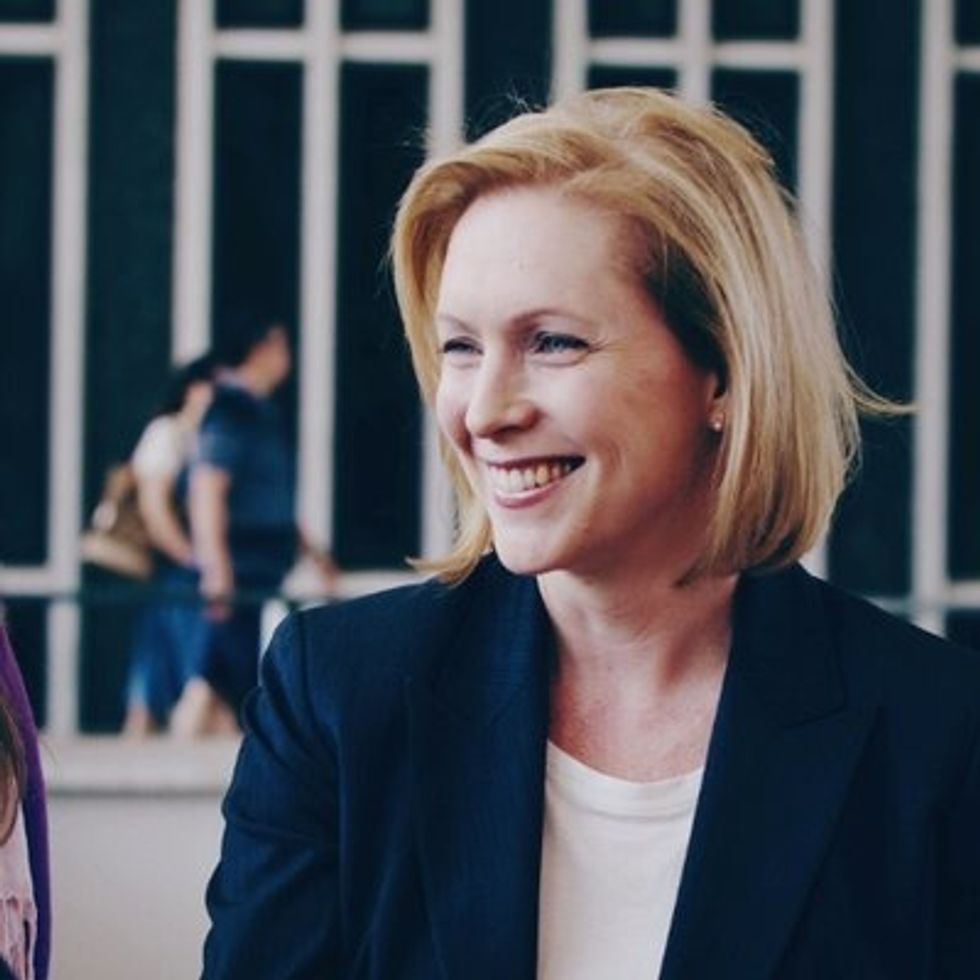
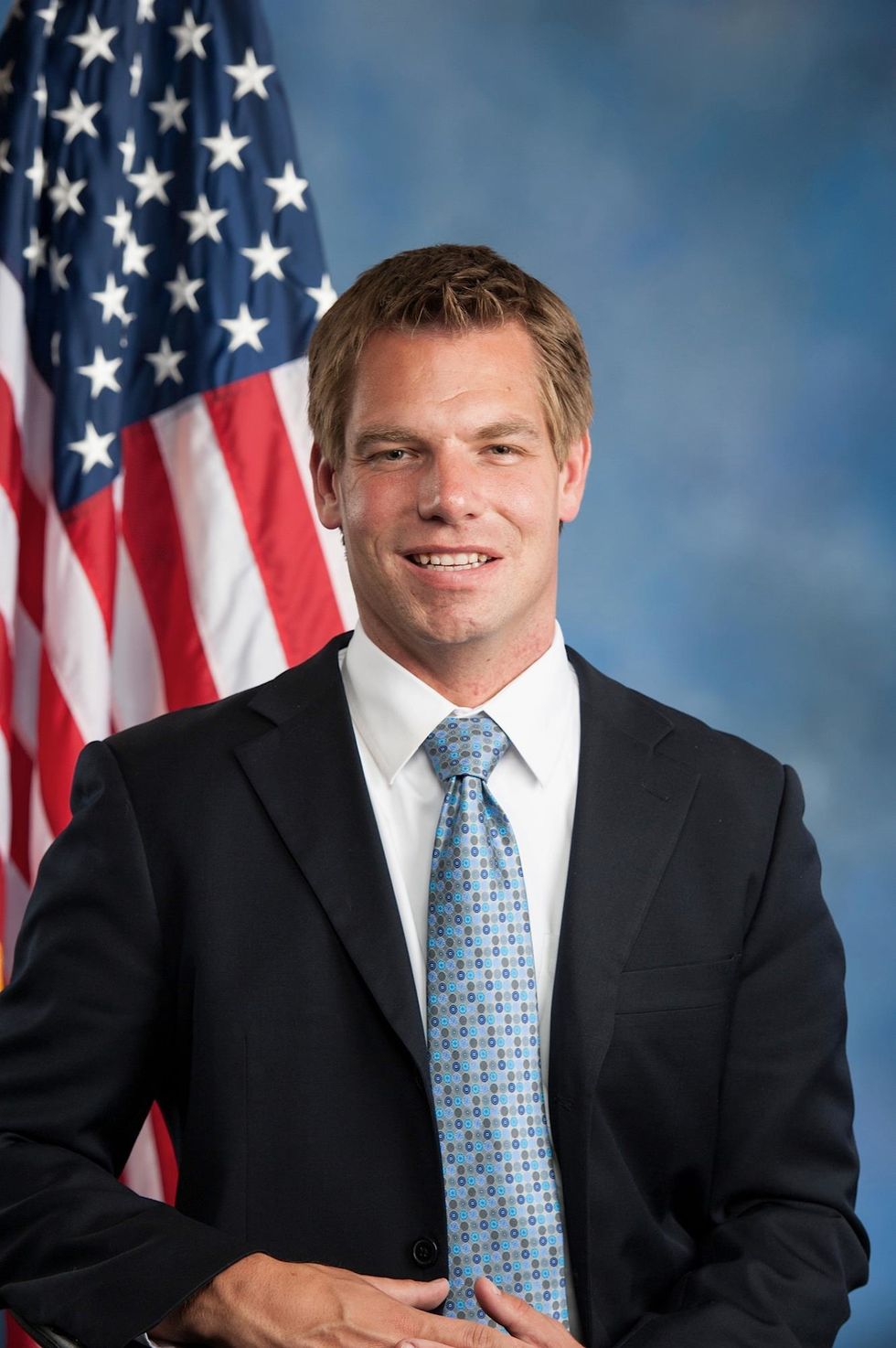
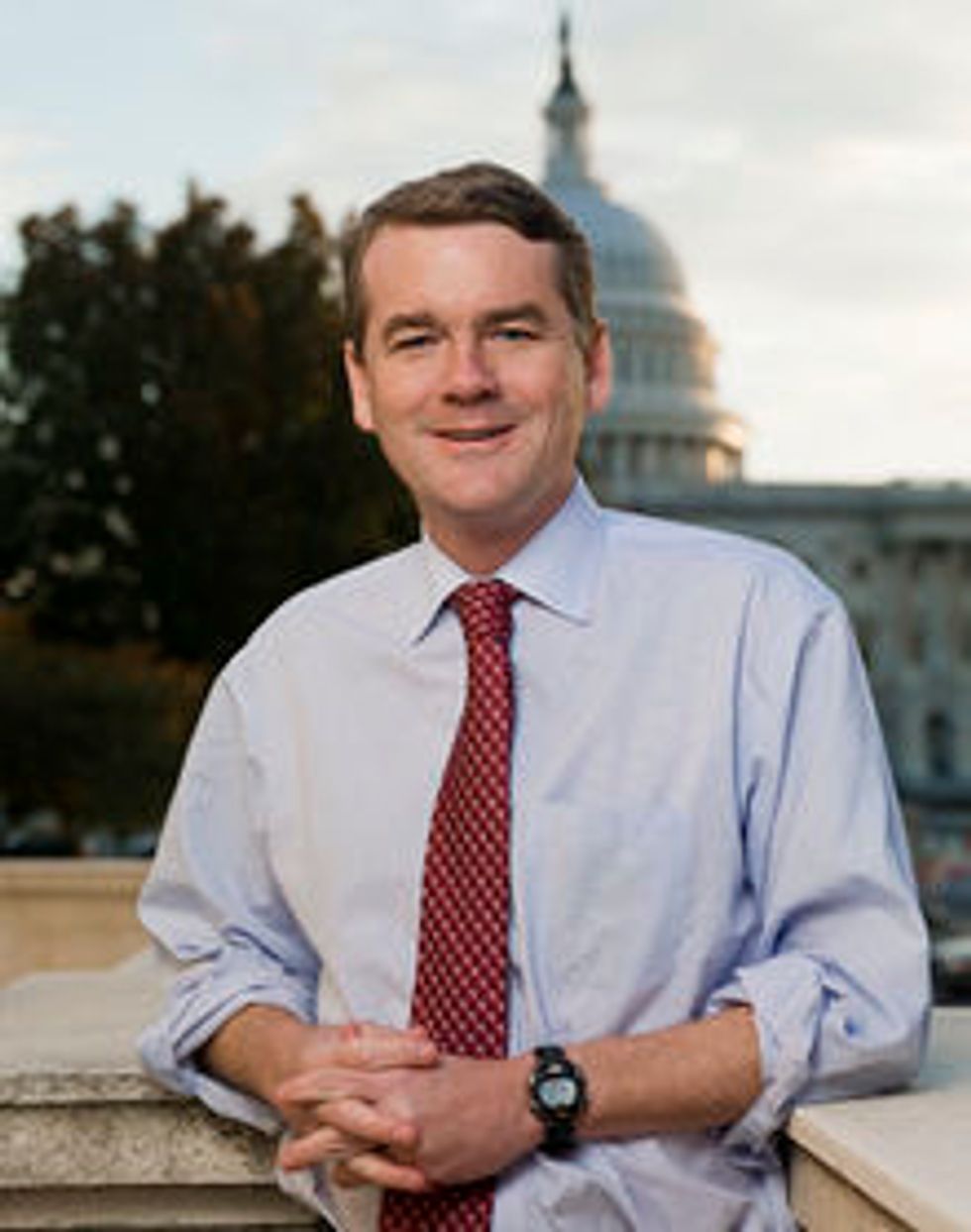
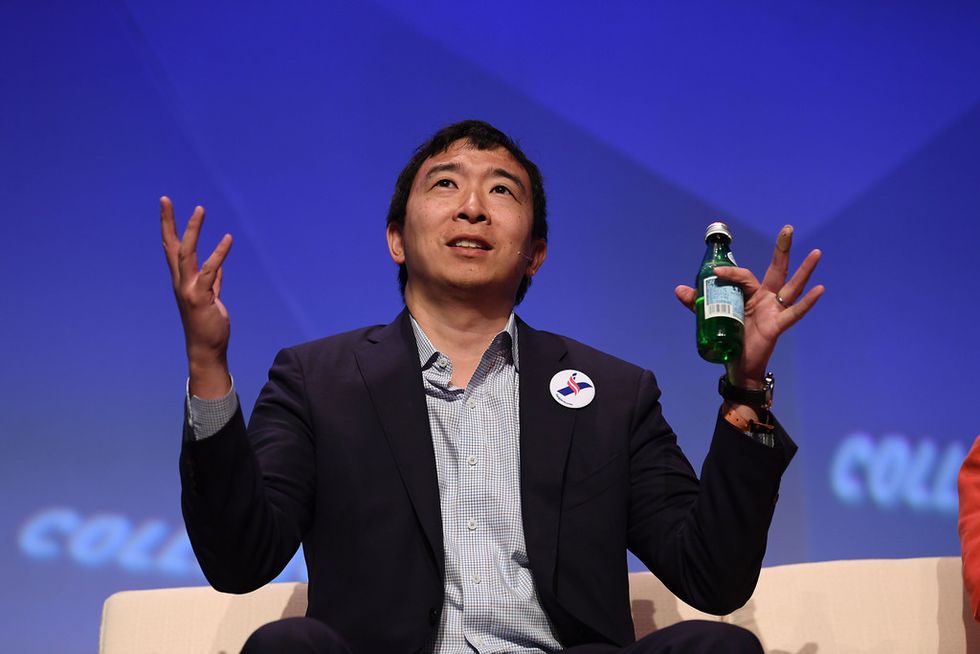

Let's be honest here- none of these people have any chance of winning the nomination. All are polling at or below one percent after the debates, which means they will likely not even make it into the third debates, let alone win the nomination. But they are worth discussing.
New York Senator Kirsten Gillibrand struggled to get her campaign off the ground from the very beginning, barely meeting the 1% polling threshold for the first debate. She had a pretty good debate performance, but not good enough to gain any traction. Gillibrand wrote part of Sanders' Medicare for All bill, detailing the transition from the current system to a single-payer system, and was able to explain this process well, which will be crucial for any Democratic candidate. She also pitched good plans for community-based asylum systems, clean election bills, and comprehensive corruption bills. However, she didn't do herself any favors in the eyes of the media or the general public by consistently interrupting candidates without having anything to show for it.
California Representative Eric Swalwell started his night off strong with a scathing anecdote about then-Senator Joe Biden telling a 6-year-old Swalwell that it was time to "pass the torch" to the new generation- 32 years ago. This gained 38-year-Swalwell some recognition, although Mayor Buttigieg holds the title of youngest candidate at 37. This ideal of generational change was Swalwell's mantra throughout the night, along with fighting gun violence. Swalwell may have boosted his name recognition, but it wasn't nearly enough for him to become a viable candidate, and as of July 8, he is rumored to be dropping out of the race to focus on re-election to his House seat.
Colorado Senator Michael Bennet has been trying to make a name for himself as a centrist option, to those Democrats that don't support Medicare for All or decriminalized borders. However, it's clearly not working very well, as he is still polling at 1%, even after the debate. He didn't really have any notable moments throughout the night.
Entrepreneur Andrew Yang has been campaigning on the Freedom Dividend, based on the ideal of universal basic income. Each person would get a monthly stipend of $1,000, a plan that would cost the federal government trillions of dollars each year, but Yang argues the added income would go straight back into the economy- what he calls "trickle-up economics." Yang only got a total of three minutes of speaking time, enough to get his platform across, but not much else.
Former Colorado Governor John Hickenlooper, similar to Senator Bennet, is against democratic socialism and abolishing private insurance. His claim to fame is passing multiple progressive policies during his term as governor, such as universal background checks, expanding reproductive health, and passing methane regulations, while keeping the scale of government in Colorado relatively small. Hickenlooper also did not get much talking time, not making much of a name for himself.
Who Was.... Yeah.
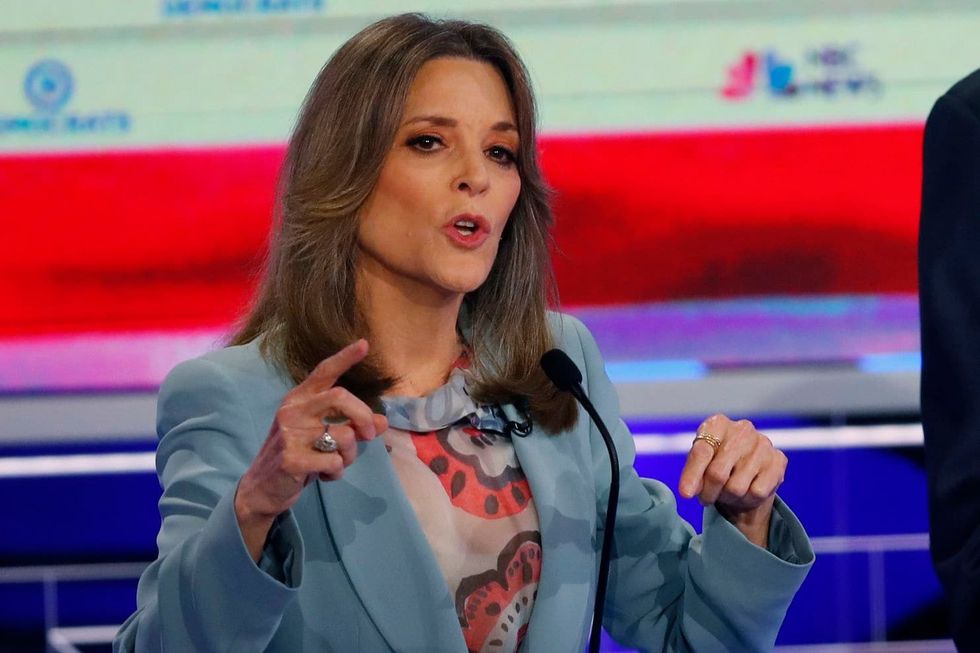
I'm not entirely sure what self-help author Marianne Williamson was doing up on that stage, and I don't think she knew, either. She preached on a platform of love and not having plans. It's impossible to describe Williamson's energy, so I suggest you look her up.
Night two was expected to be the night to watch, as four of the top five polling candidates were in the second group, including frontrunner Joe Biden. This means there was less of a chance for some of the underdog candidates to have a shining moment and make a name for themselves, like Tulsi Gabbard and Julián Castro did on night one. Kamala Harris had by far the biggest boost in the polls after the debates, gaining on average ten points. Warren was behind that, with a five-point boost, then Castro with a two-point jump. Joe Biden lost the most, dropping eight points following the debate; Beto O'Rourke and Pete Buttigieg also dropped in the polls by two and one points, respectively.
The first set of Democratic debates have set the stage for the rest of the primary race- and shown what a bloodbath it's going to be. Here's to the next set of debates, and who will inevitably drop out of the race before then (*cough cough* looking at you, Swalwell)!
- US election 2020: highlights from second night of Democratic ... ›
- POLL: Who do you think won the second night of the Democratic ... ›
- Democrats debate: Who won the second night? ›
- 6 Highlights From Night 2 of the Democratic Debates - The New ... ›
- Winners and Losers from the Second Night of Democratic Debates ›
- Who Won the Democratic Debate, Night 2? Experts Weigh In - The ... ›
- Commentators: Who won the 2nd Democratic debate? - CNN ›
- Takeaways from night 2 of the first Democratic debate - The ... ›
- Winners and losers from night 2 of the 1st Democratic debate ›
- Who won the Democratic debate: June 27, night two - Vox ›



 Photo by
Photo by  Photo by
Photo by  Photo by
Photo by 



















